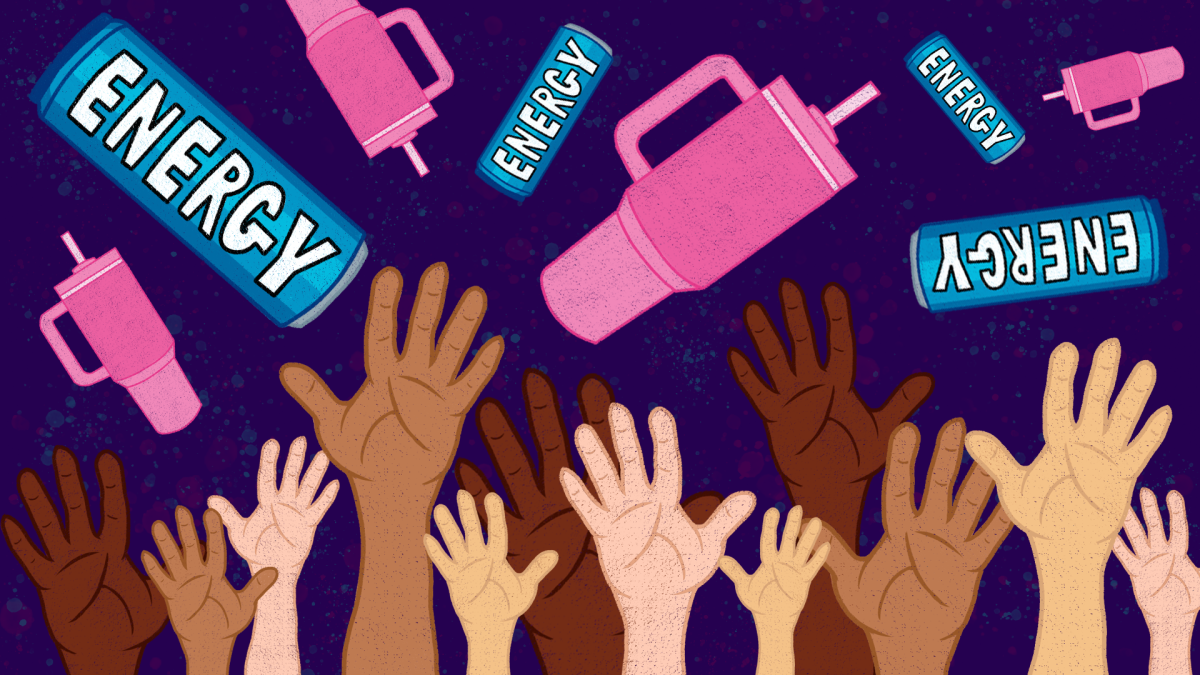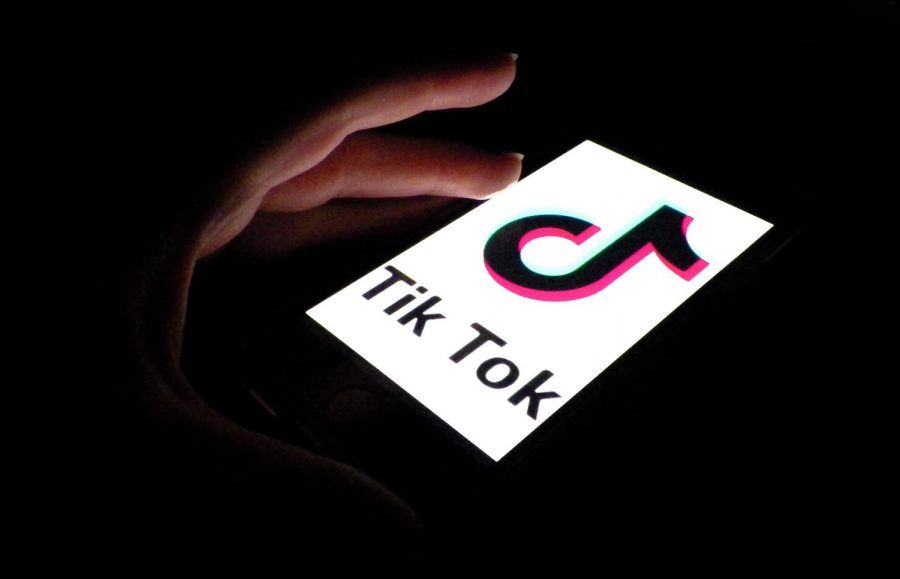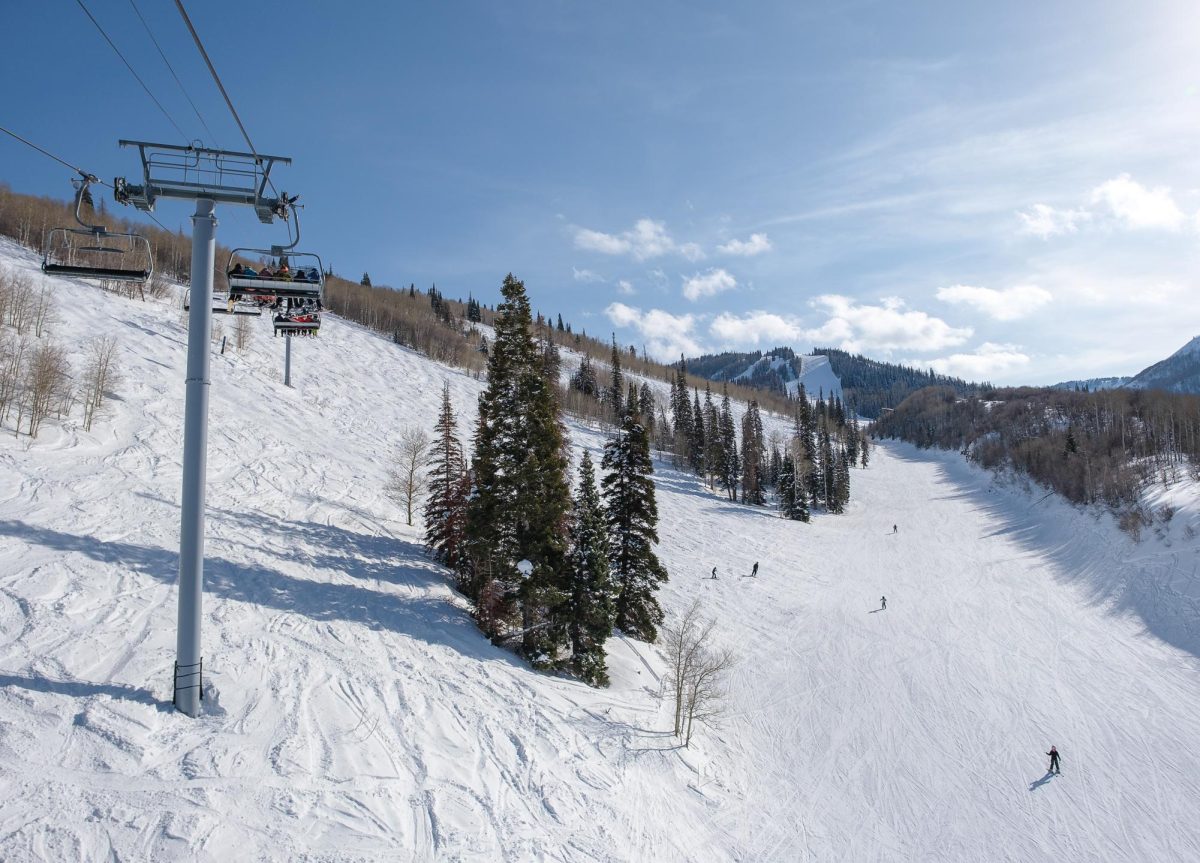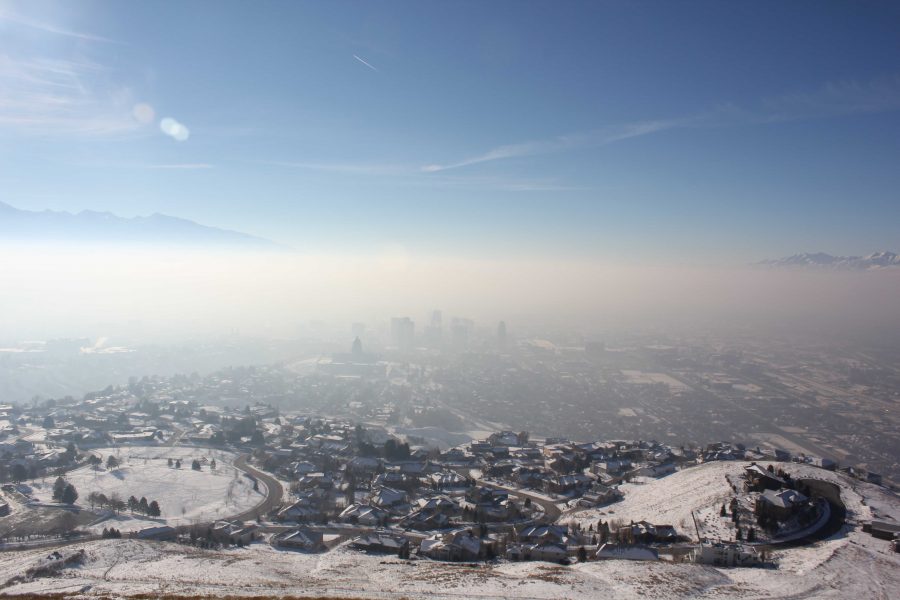Air pollution is responsible for 6.4 million annual deaths worldwide, a statistic that does not exclude Utahns. A state-sponsored report, Air Pollution and Public Health in Utah, links the Wasatch Front’s infamous inversion to serious health issues, which range from asthma and cardiovascular disease to renal disease. The winter’s bad air also hurts Utah’s economy. Prior Salt Lake County Mayor Ben McAdams explained, “People come … and this is often their first impression of Utah, and they leave seeing this poor air quality, and that sticks with them and it hurts … our ability to attract businesses, to attract tourism.” While it is clear that no one “likes” the regular inversions, a poll conducted by the Hinckley Institute found that few Utahns have changed their commuting habits or made major energy efficient purchases to reduce their own contribution to the smog. While improving air quality was a strong, state-led priority during the 2019 Utah State Legislative Session, members of Utah’s Congressional Delegation, distanced from Utah’s murky valleys, don’t prioritize cleaning our air and are actively opposed to resolutions aimed at decreasing our environmental impact.
Motivated by poor air quality, many Utahns have explored opportunities to work at home, ride public transit or join a carpool. As vehicle emissions makes up nearly 50 percent of Utah’s pollution, these actions are a good starting point for individuals who wish to improve the air quality. These improvements, however, are minimal if less than half of the population participates. In fact, carpooling and public transit use have decreased in the past few years, despite increased access to these services and a wider public awareness of climate change. Nicolas Brusson, the CEO of the carpooling service BlaBlaCar, claims that carpools and public transit are not popular in the United States because driving is inexpensive and there is no financial incentive to a change of habit.
To provide the necessary financial incentive to encourage Utahns to utilize public transit, State Representative Joel Briscoe and State Senator Curt Bramble sponsored HB 353, which appropriates $500,000 to fund a pilot program to reduce single occupancy vehicle trips (individuals in their own cars) by providing free-fare transit on select poor air quality days. In an effort to reduce the emissions from state employees who commute to work, State Representative Patrice Arent pursued $6 million in funding to improve the state’s teleworking infrastructure. This may allow the state to extend more jobs to those in rural areas and sets a strong example for private companies around Utah. The state is also working to increase clean air infrastructure by incentivizing Utah businesses to build more electric car charging stations outside of their buildings.
The legislature also passed HB 357 to incentivize homeowners to replace their wood stoves and fireplaces with natural gas appliances. The goal of this legislation is to reduce personal particulate matter emissions. Particulate emissions in Salt Lake have been as high as 51 micrograms per cubic meter, which far exceeds the 35 micrograms per cubic meter particulate matter level that is already considered unhealthy. Particle emissions are incredibly dangerous as small particles with a diameter less than 10 micrometers can become embedded deep within lung tissue and may enter the bloodstream — both scenarios lead to serious health issues.
Unfortunately, the Legislature did not pass any legislation to directly reward Utahns who purchase electric lawnmowers or vehicles. In 2018, only 28% of Utah voters purchased electric landscaping machinery or invested in an electric vehicle. While it may seem that gasoline-powered leaf blowers would have a minimal impact on the state’s air quality — especially compared to driving — 30 minutes of leaf blowing can create the emissions equivalent of driving a truck from Alaska to Texas.
Improving Utah’s air quality will require many inconvenient adjustments from residents. The Legislature should be commended for its historic $29 billion allocations for air quality, but the majority of the low hanging fruit has been picked. The future will require discipline and a change in the public’s willingness to contribute, even when the air appears clear.
This is predictably difficult. It seems reasonable to hope that an individual who is unable to afford all-electric tools would use hand tools as a viable and inexpensive alternative. Yet some Utah residents, such as Michael Ashton, a local, are unwilling to purchase an electric snowblower because “they are too small to move the snow” and would only consider purchasing an electric car “because [Teslas] are fun to drive.” Jessica Reimer, a policy associate for HEAL Utah, is familiar with attitudes like this towards personal emissions. Reimer believes that negating negative effects on our health and our family’s health is not enough to force Utahns to change environmentally dangerous habits. Instead, the state needs to introduce financial incentives to motivate environmentally conscious purchases.

The obtuseness from Utahns on the national stage does not help in the state’s fight for better air. On February 7, 2019, two Democrats held a press conference outside of the U.S. Capitol building to announce an ambitious proposal calling on the federal government to begin addressing climate change, the Green New Deal. This non-binding resolution lays out a plan to reduce greenhouse gas emissions in hopes of curtailing climate change’s worst effects and is motivated by research warning of increasing heat waves, wildfires and droughts which will cost the United States economy billions of dollars. Members of Utah’s Congressional Delegation met this proposal with indifference and ignorance.
In a news conference, Representative Rob Bishop (R-Utah) told reporters, “For many people who live in the West, but also in rural and urban areas, the ideas behind the Green New Deal are tantamount to genocide.” This is an inappropriate comment for many reasons, one being that there is no comparison between the shifted economy proposed by the Green New Deal and the deliberate mass killing of an ethnic group. If Bishop must make the issue a matter of life and death, he should remember that Utahns are dying from poor air quality that is exacerbated by climate change. The second cause of cancer-related deaths in Utah is lung cancer, which many experts attribute to the state’s poor air. Additionally, “climate genocide,” a phenomenon the United Nations warns will only increase in severity, is already impacting native people who live in regions of the United States such as Rob Bishop’s congressional district. Despite his established poor environmental record, 61.6 percent of voters in Utah’s first congressional district re-elected Rob Bishop in 2018 to serve as their representative.
The Green New Deal explicitly calls for a “10-year mobilization” which envisions renewable energy providing 100 percent of the country’s electricity, the digitization the nation’s power grid, upgrades to every building to increase its energy efficiency and national investment into electric vehicles and high-speed trains. While the Green New Deal does have provisions which could socialize the American economy, it does not take away “airplane rights” or ban livestock. The sponsors of the resolution are also aware that many Americans currently work in industries that the Green New Deal would make obsolete and have addressed this issue in the initial proposal by declaring that it is the “duty of the government to provide job training and new economic development, particularly to communities that currently rely on jobs in fossil fuel industries.”
In a now-viral speech responding to the Green New Deal, Senator Mike Lee told the Senate, utilizing visuals from “Star Wars” and “Aquaman,” that the solution to climate change was to “fall in love, get married and have some kids.” Lee criticized the Green New Deal for being “unserious,” yet he produced a laughable solution of his own. A 2009 study revealed that having a child is one of the worst actions a person can do for the environment, and Lee’s inability to talk about the impact of emissions seriously is offensive to those who are already worried at how these issues will affect their families.
Indeed, some couples in Utah have struggled through miscarriages linked by University of Utah researchers to air pollution. Mothers who become pregnant before or after being exposed to high levels of air pollution are more likely to give birth to a child who has lifelong health problems. Dr. Brian Moench explained that Utah’s air quality continues to pose a threat even after birth. “We can very credibly estimate that somewhere between 1,000 and 2,000 Utahns die prematurely every year due to the air pollution,” said Dr. Moench. Despite his established poor environmental record, 68.1 percent of Utah voters re-elected Mike Lee in 2016 to serve as one of their senators.
Sadly, none of Utah’s national representatives supported the resolution, somewhat undercutting the local achievements made this year in addressing air quality in Utah and demonstrating how disconnected these national representatives are from Utah’s smog problem. While it is possible that ideas like the Green New Deal may come and go, their flippant comments toward climate change and air quality contribute to the barriers Utah already faces.
Greta Thunberg, a 16-year-old climate activist from Sweden, ended her speech to world economists at Davos urging leaders to take action to protect our planet simply. “I want you to act as if our house is on fire,” she said. “Because it is.” Not only is Utah’s air quality hindering growth in its local economy, but the areas in the state are regularly suffocating under a blanket of smog.
By refusing to take personal action to enact change and continuing to elect leaders to national positions who refuse to fight for the environment, Utahns are complicit in this slow poisoning of themselves and their families. It can be inconvenient to carpool or take public transit and expensive to replace wood-burning stoves or gas powered snow blowers, but Utahns should take personal responsibility to decrease their pollution output however they can. While it may be time intensive to determine a representative’s environmental voting record and uncomfortable to vote across party lines, Utahns must hold their legislators accountable for their actions and inaction. Utah’s air quality is a serious issue that must be approached with immediacy — the air may improve from year to year, but there is no safe level of air pollution. To borrow from another of Thunberg’s speeches, “We have run out of excuses and we are running out of time.”



















Jasmin • May 21, 2019 at 11:23 am
That speech by Senator Mike Lee hurt to watch. That was so cringey. He’s trying to be funny and relevant but he just sounds like an ass. And his solution? Make some babies that can figure out climate change once their old enough. WHAT? Yeah let’s just wait 20 years for the next generation to figure it out. What does marriage and treehouses have to do with the climate, is he stupid?